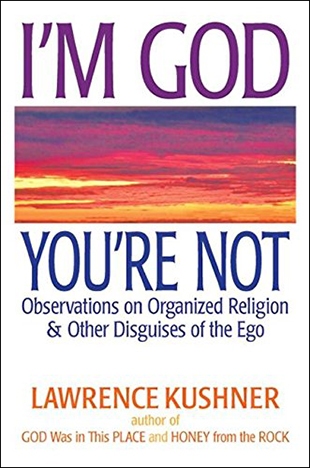"When you're facing an unknown future — and the future is always unknown — you have three options. First option: everything is fated, it's all meant to be. In other words, predestination.
"The second option is free will. Here the future is allegedly wide-open and is shaped only by our deeds. In order to preserve our free will, God voluntarily steps back, as it were, and refuses to intervene. But this only poses a larger problem. If God never intervenes, then God is effectively irrelevant. Or maybe God intervenes every now and then, although nobody has yet been able to discern a coherent pattern — assuming there is one. Which means we're stuck in a situation where sometimes we're free (when God doesn't intervene) and sometimes we're not (whenever God does). But since there's no way to know when God does or doesn't, our condition is absurd.
"The choice between these two options has led many thoughtful people to reject the idea of God altogether. But that would mean life is meaningless, a cosmic crapshoot, and I don't accept that.
"I believe there's a third option. Suppose we say that instead of controlling everything, or making an occasional intervention, God is everything. . . . The entire glorious, horrible, holy, terrifying wondrous mess we call creation is a continuous manifestation of the Divine. Even our sense of independence and autonomy is part of that whole, and therefore 'meant to be.' In this model, we are neither puppets of fate nor masters of free will. Everything is the way it's supposed to be. We enter each new day wholeheartedly confident that everything is somehow a manifestation of the Divine.
Which leads to a certain acceptance.
"Well, it certainly doesn't mean we have to like it or that we shouldn't try to change it. But it does mean that we accept our present situation 'as if' it were tailored by God for us personally. We find ourselves saying, 'I'm not sure why this has been given to me, or why this has been torn from me, or why this is happening to me, but I acknowledge that somehow it is a manifestation of God.'
Not necessarily a comforting thought.
"No, there's not much consolation here, which is why I wouldn't say this within ten blocks of any hospital. But I believe it's a theology of hope. It removes our chronic worry that everything is meaningless, because at any given moment things are the way they're supposed to be. This is the old Yiddish notion of bashert — it's meant to be, intended."
